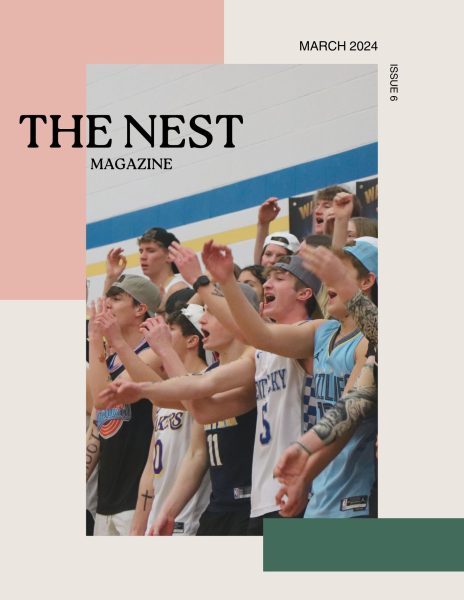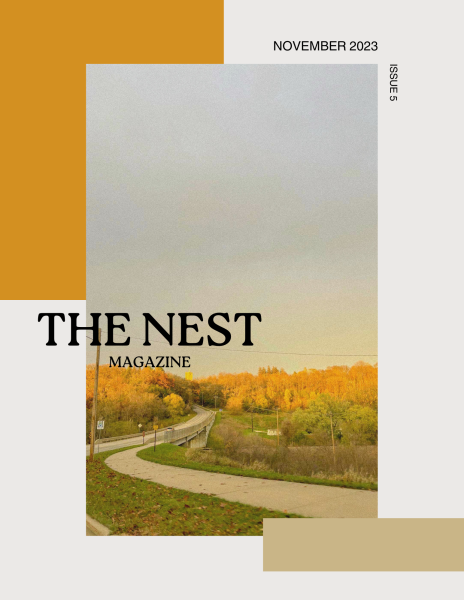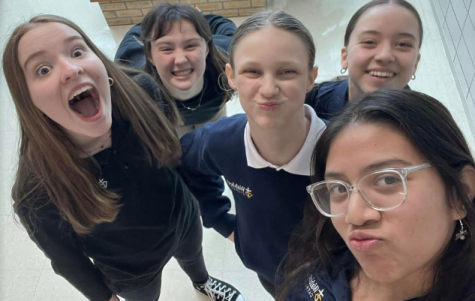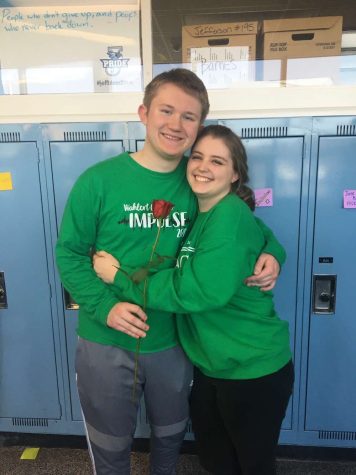Not your typical Iowa farmer
Community activist turned urban farmer, Lynn Sutton, combats social inequality one garden at a time
Prominent Dubuque, Iowa civil rights leader, Ruby Sutton, actively fought racism. Her daughter, Lynn Sutton, continues her legacy with a different lens. In 2011, Lynn Sutton’s activist career began when she was elected the first black city councilwoman.
Ms. Sutton’s current mission encompasses growing edible fruits and vegetables in city parks for residents to harvest as desired. By strategically placing community gardens around the city in vacant lots and educating residents on growing their own food, Sutton wants her town to thrive through healthy foods and healthy spaces. This conversation has been edited and condensed.
What influenced you to become an activist urban farmer?
My parents often had us visit a friend’s farm; we learned a lot. Then as I got older, I started looking more to growing my own food especially because I couldn’t find anything here that I was accustomed to eating. At my old apartment, there wasn’t room to grow anything except in containers. And then a coworker of mine offered me some rows in her garden. It was always difficult to find room in the city. If I’m having this problem, then other people are having this problem. The food insecurity, you have to look at it like food injustice.
What non-traditional vegetables do you grow and why?
Vegetables, like okra, and other varieties that I don’t see here. With climate change, I’ve started growing items that aren’t zoned for our area like bitter melon, which is more of an Asian/Indian gourd. It’s zoned for a 9, which is more tropical, and Iowa is zoned at a 5. I sold the bitter melon gourd at the farmer’s market. All my stuff was sold in two hours. It was really an eye-opener because people are looking for different foods. A woman from India came up to me at the Farmer’s Market and had her granddaughter ask me about okra. I talked to them about how I like to cook okra and make it crispy. I thought to myself, ‘Isn’t this something. This woman doesn’t speak English, but we came together on this.’ I think people forget our demographics change.
How can urban farming help solve food deserts–those areas with limited access to affordable and nutritious food?
It will provide access to those fruits and vegetables not always readily available. Economics-wise, a package of lettuce seeds is $1, $2, but look how much more you get from it. Similarly, if you plant onions, garlic, anything, it’s readily available. Sometimes it’s not that people don’t want to feed their family healthily; it comes down to economic choices. It’s fine to have all of these free meal sites, but what’s there all the time to help people?
Unfortunately, city ordinances prevented goats, chickens, and even composting at times. Do you think our city currently helps or hurts urban farming?
I think they’re hurting us more than anything because they’ve taken away a lot of the community gardens. Anytime there is land available, you really have to run around to use it. That’s where this city falls short. We need more space, and it’s tricky even though it shouldn’t be because these vacant lots are just sitting. It’s a matter of petitioning. Little by little, we have to push the envelope.
As an activist how do you help solve problems like food deserts?
At the Master Gardener’s Group, I am going to do the garden tour this year. I want to showcase what can be done with a vegetable garden. Every year the tour consists of only landscapes and flower gardens, which is fine, but that’s not the only type of gardening. People ask can I grow this in a container? There are many innovative ways to garden. I want to petition the city for the plot of land from a house that was recently taken down to put in some type of garden. There’s another plot of land across from a park that I want to turn into some type of edible garden.
What’s your ultimate goal as an urban farmer?
My ultimate goal is that people have access to healthier foods all the time, so it’s a more livable community.
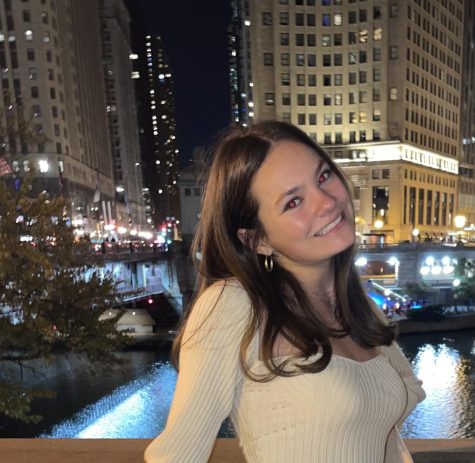
Lilah Takes is a junior at Wahlert Catholic High School and a reporter for The Gleaner. She participates in cross country and tennis. Her favorite activities...


